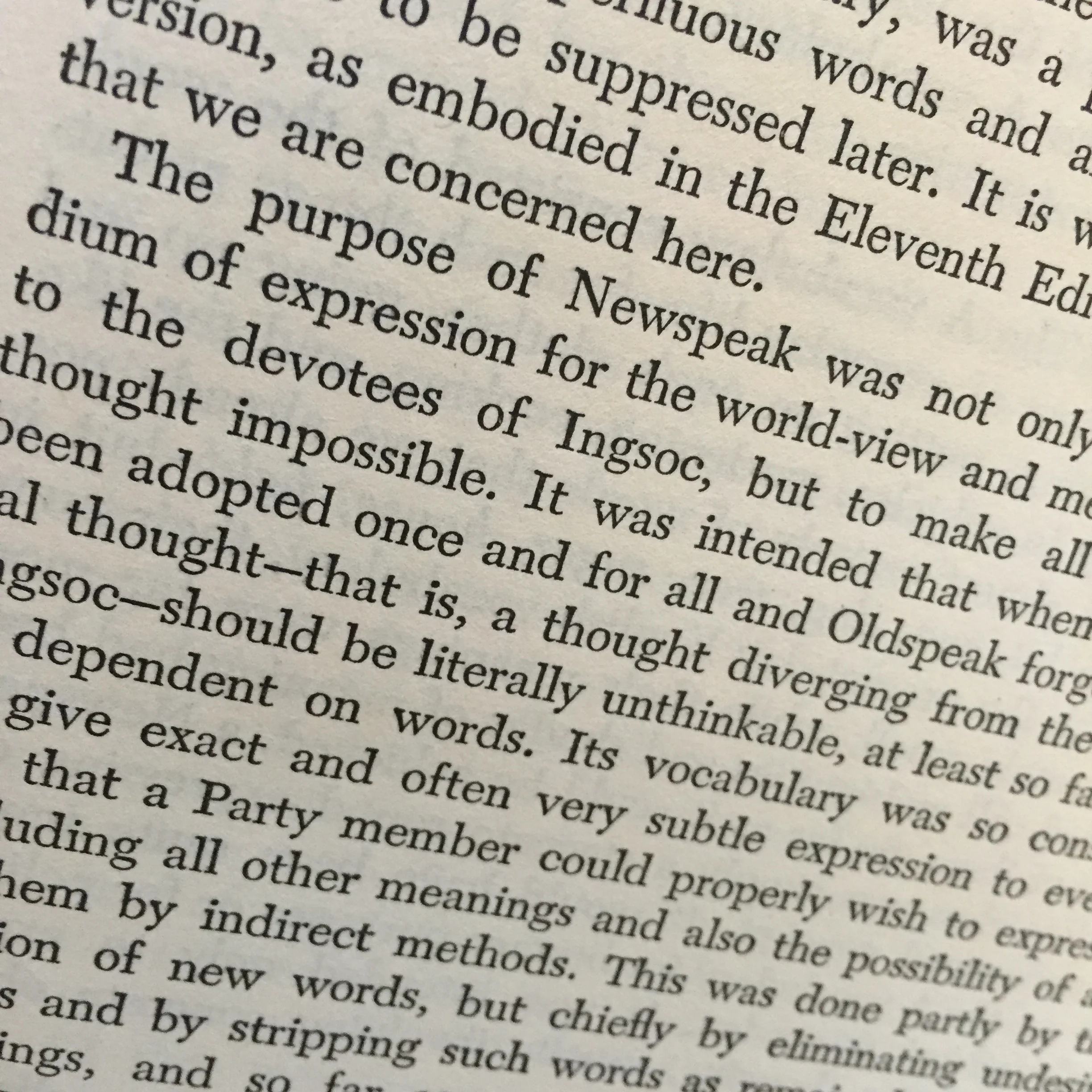On Changing References to “Race” in Genetics Research Articles
By Dennis D. McDonald
During my morning news scan today I ran across an item in AAAS’ Science magazine referring to a study titled Evolving use of ancestry, ethnicity, and race in genetics research—A survey spanning seven decades in The American Journal of Human Genetics which includes the following statement in its summary:
Forms of population descriptors “Caucasian” and “Negro” have largely disappeared from The Journal (<1% of articles in 2009–2018). Conversely, the continental labels “African,” “Asian,” and “European” have increased in use and appear in 18%, 14%, and 42% of articles from 2009–2018, respectively. Decreasing uses of the terms “race,” “Caucasian,” and “Negro” are indicative of a transition away from the field’s history of explicitly biological race science; at the same time, the increasing use of “ancestry,” “ethnicity,” and continental labels should serve to motivate ongoing reflection as the terminology used to describe genetic variation continues to evolve.
I’ve wondered for some time about how meaningful such racial descriptors are given how complex and widely spread the sharing of genetic information has become over the millennia. Those check boxes on forms do seem increasingly quaint and simplistic.
Practically speaking, making explicit racial distinctions has become problematic given the well documented sharing of genetic information. This has caused me to wonder about the continued utility of using racial terms to refer to people and populations.
I still remember how puzzled my wife and I were years ago when a family member “of Mexican ancestry” referred to us as “You white people.”
“Huh?” I remember thinking, and I was then reminded in no uncertain terms of the challenges still faced by “non-whites” in today’s USA.
Just the labelling itself has become complex and in some cases politicized. Take the term “Latinx” for example. I rarely if ever use the term, not because in some quarters it has become politicized but because, never having heard it spoken, I assumed it was pronounced “lah-tinks” not “latin-ex” and that has been a hard mental habit to break.
Also, being somewhat of a history buff, I know how complex the spread of Spanish and Spanish culture has been militarily, culturally, and economically. As a result I’ve given up on trying to completely disambiguate such terms as “latin,” “hispanic,” and “spanish.”
Nevertheless, language continues to evolve as the AJHG article cited above demonstrates. It’s probably just a matter of time before its findings are oversimplified and attacked as an example of “woke cancel culture.”
Copyright (c) 2021 by Dennis D. McDonald





























